 I’ve been neglecting Mahler for a year, how could this happen? It's like one of those friends that one day, you realize you haven’t talked to for a longtime so you phone right away; when I noticed Mahler’s absence, I rush to choose one of his Lieder and the first volunteer was Der Tamboursg'sell (The drummer boy). I admit that I hesitated because it's a tough song but the drummer insisted...
I’ve been neglecting Mahler for a year, how could this happen? It's like one of those friends that one day, you realize you haven’t talked to for a longtime so you phone right away; when I noticed Mahler’s absence, I rush to choose one of his Lieder and the first volunteer was Der Tamboursg'sell (The drummer boy). I admit that I hesitated because it's a tough song but the drummer insisted...Der Tamboursg'sell is the last Lied that Mahler wrote on a text from Des Knaben Wunderhorn, during the summer of 1901, and it was originally written with orchestral accompaniment. What we hear in it is terrifying: a drummer’s way from his cell to the gallows. [...]

Der Tamboursg'sell is the last Lied that Mahler wrote on a text from Des Knaben Wunderhorn, during the summer of 1901, and it was originally written with orchestral accompaniment. What we hear in it is terrifying: a drummer’s way from his cell to the gallows. It follows from the text that he was sentenced to death for desertion ("If I had stayed a drummer I would not be imprisoned now"). Drummers used to be boys too young to fight so in fact, they’re killing a kid who walks towards the gallows trying to stay calm but also horrified, proud to be a drummer and willing to be one until the very last minute.
The song has two different parts, separated by a long interlude. In the first part, we learn the situation, the boy tells us that he's taken from his cell to death; in the second, he says farewell. Mahler gave many character and dynamics indications in the score and I think it's worth mentioning some of them because among the many versions we can listen, there are noticeable differences. Today we're listening to just one, as usual, but there are a lot more with many different performers on Youtube and Spotify.
At the beginning of the score, while the drummer explains who he is and where he's going to, it says "Mit naivem Vortrag, ohne Sentimentität" (with innocent telling, without sentimentality); in the second stanza above the words "O Galgen, du hohes Haus" (Oh, gallows, you high home), the indication is "mit Grausen" (horrified), we don't need any further explanation. In the third verse the drummer says proudly his situation, he was the drummer in the first company of the regiment! And on these words, "Tambour von der Leibkompanie!" indications are "ff mit sehr erhobner Stimme" (ff with very strong voice); about the repetition is indicated "schreiend" (shouting).
After the interlude, the second part of the poem arrives, the farewell, and the character of the song clearly changes. The drummer says goodbye to the mountains and his companions; we only hear his voice so we don't know whether some colleagues are present or if they might have given him some consolation, but he wishes them good night as if he was going to bed (although it might be sunrise). In the beginning of the fourth stanza is indicated "mit verhaltenem Ton" (with dampened voice). It the last verse of the song, we find the last two "Gute Nacht"; The first one begins with ff and above the third syllable is indicated "verklingend", thats to say, smorzando, the voice slows and softens until it's not heard; over the second one is indicated "mit brechender Stimme", with broken voice.
As I said before, Der Tamboursg'sell it's a tough song; it talks about an execution which is, besides, the execution of a kid. And Des Knaben Wunderhorn songs are usually a reflection of everyday life in the Middle Ages... The version I chose to illustrate this post is Thomas Quasthoff’s, accompanied by the Berliner Philharmoniker conducted by Claudio Abbado. I really hope you like it!
Ich armer Tamboursg’sell.
Man führt mich aus dem G’wölb,
Wär ich ein Tambour blieben,
Dürft ich nicht gefangen liegen.
O Galgen, du hohes Haus,
Du siehst so furchtbar aus,
Ich schau dich nicht mehr an,
Weil i weiß, daß i g’hör dran.
Wenn Soldaten vorbeimarschieren,
Bei mir nit einquartiern.
Wenn sie fragen wer i g’wesen bin:
Tambour von der Leibkompanie.
Gute Nacht, ihr Marmelstein,
Ihr Berg und Hügelein,
Gute Nacht, ihr Offizier,
Korporal und Musketier.
Gute Nacht, ihr Offizier,
Korporal und Grenadier,
Ich schrei mit heller Stimm,
Von euch ich Urlaub nimm,
Gute Nacht, gute Nacht.
I, poor drummer boy -
they're leading me from my cell.
If I had stayed a drummer
I would not be imprisoned now.
O gallows, you lofty house,
You look so fearsome,
I won't look at you any longer
because I know I am yours.
When soldiers march by
who were not quartered with me -
when they ask who I was:
I was a drummer from the first company.
Good night, marble rocks,
mountains and hills -
Good night, officers,
corporals and musketeers.
Good night, officers,
corporals and grenadiers,
I cry with a loud voice,
and take my leave of you!
Good night! Good night.
(translation by Emily Ezust, from the LiederNet Archive


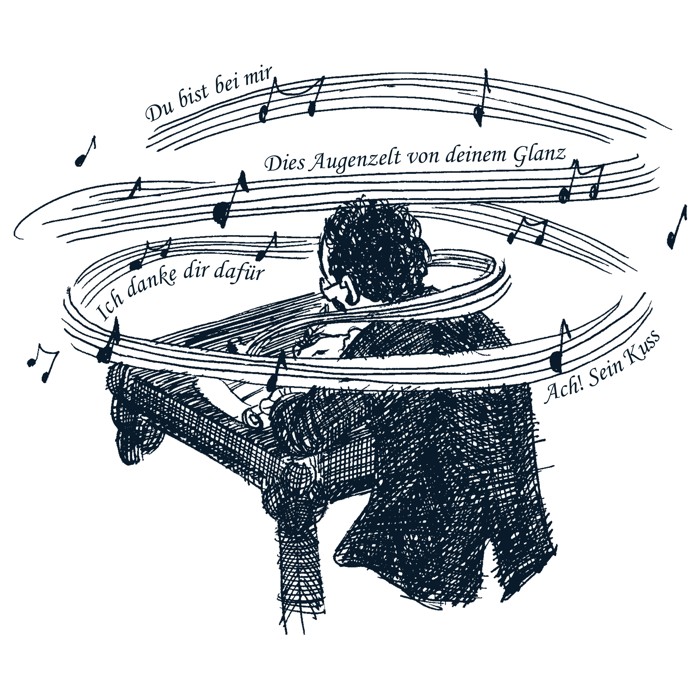





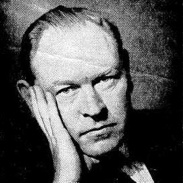










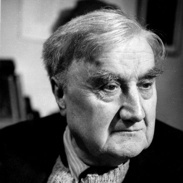













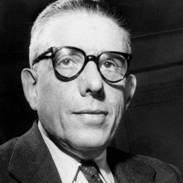
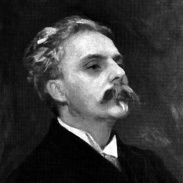

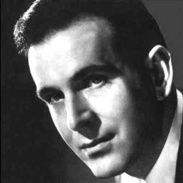
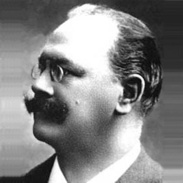










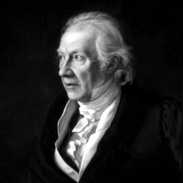






Comments powered by CComment